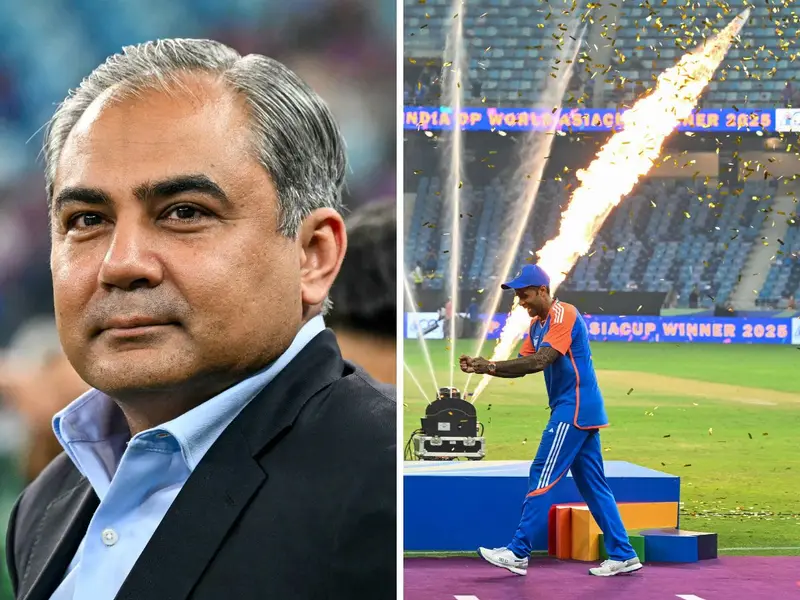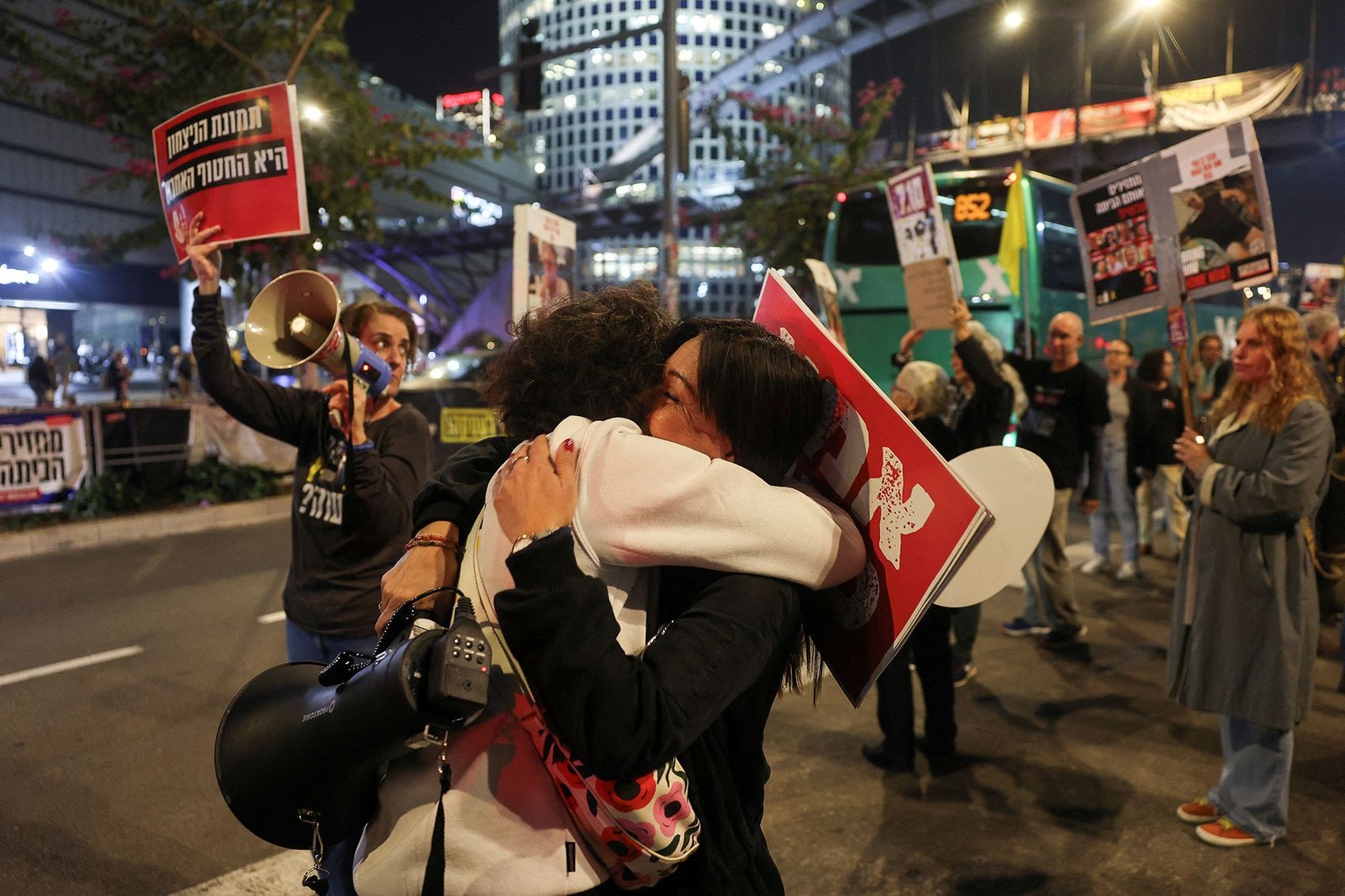DUBAI: In an unprecedented and highly symbolic act during the Asia Cup 2025, Team India refused to accept the tournament trophy from Pakistan Cricket Board (PCB) Chairman Mohsin Naqvi during the delayed post-match presentation ceremony. While players did walk forward to receive individual awards for their performances, the team as a whole chose not to step up for the trophy. This dramatic move surprised spectators, officials, and television audiences alike, as the presentation had already been postponed due to logistical and security reasons at the stadium. The team’s unified decision instantly became the focal point of post-match discussions across sports networks and social media platforms.
Reports from insiders close to the Indian camp suggest that the refusal was not a spur-of-the-moment decision but a coordinated stand reflecting deeper grievances. Sources indicated that the players had concerns over organizational issues throughout the tournament, including travel, security arrangements, and perceived bias in scheduling. By accepting individual accolades but collectively declining the main trophy, the team sought to draw attention to their discontent without undermining the efforts of individual performers. This approach sent a dual message—honoring personal achievements while rejecting what they saw as broader systemic shortcomings.
The incident also took on diplomatic overtones, as India-Pakistan cricket relations have historically been intertwined with political tensions. Analysts pointed out that the team’s action could resonate beyond the sports arena, potentially complicating future bilateral fixtures and cricketing diplomacy in the region. The Asia Cup, meant to showcase regional unity and competition, instead became a stage for a public standoff. In response, PCB officials maintained composure on the podium, while broadcasters cut away to crowd reactions as murmurs spread through the stands.
Reactions from fans, former players, and cricketing bodies were swift and divided. Some praised Team India for standing firm on principle, interpreting the gesture as a call for better governance and fairness in organizing major tournaments. Others criticized the move as unsportsmanlike and disrespectful to the event’s tradition. Commentators have noted that such a precedent could embolden players from other nations to raise similar protests in future tournaments. As discussions continue, the Asia Cup 2025 final is likely to be remembered less for its on-field action and more for the off-field statement that reshaped the conversation around player autonomy and cricket administration.



